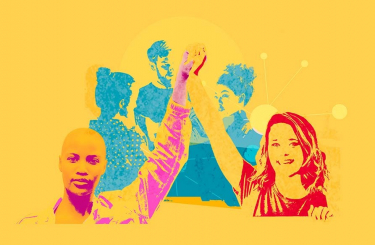Related


When we launched our new strategy for 2023-2030 at the end of last year, we set out our ambition to drive a strong learning culture, where shared data, intelligence, and insights lead to better decision-making and action from London’s funders.
To translate this into action, we’ve been working on a new learning strategy that will help guide our learning programme and priorities. One of the things that emerged from this process was just how much information is out there and how difficult it is to make space for deeper learning – honing in one area and really trying to understand what (and why) we want to learn about and ultimately, what actions will come from our learning.
It became clear to us that instead of trying to gain surface-level knowledge of too many areas, our time is better spent digging deeper into some of the themes and issues that we’ve already started to explore, so we can help create opportunities where funders can take action, both individually and collectively.
Many areas have been high on the funding agenda in the last year (risk, systemic change, influence, equity to name but a few). But for our first learning question for 2023, we distilled down what feels important to interrogate in the next few months: what does it mean for funders to ‘share power’?
The power funders hold – in deciding what gets funded and who gets funded – has been part of many discussions with our members in the last year (including the Festival of Learning, an annual event where we share best practice and reflect on the role of funders in supporting the capital’s communities).
What we hope to do by centring these questions in our learning over the next few months, is to dig deeper, hear different perspectives on how power interact with the way we fund, and how funding could work in the future.
But despite ‘sharing power’ becoming a much-used term among funders, it still feels like there are lots of questions to explore further, including:
There are no clear answers to these big, complex questions – but a key principle of our learning strategy is to recognise that learning isn’t always perfectly formed, with neatly packaged answers. What we hope to do by centering these questions in our learning over the next few months, is to dig deeper, and hear different perspectives on how power interacts with the way we fund, and how funding could work in the future.
Over the next few months, we’ll be asking funders, community groups, changemakers, and charities for their reflections on these questions. We’ll also bring our members together to share learning on what it means in practice to share power and the challenges and opportunities that come with doing so. To keep up to date with our learning programme, make sure you and your colleagues are signed up to the weekly newsletter to London Funders members.

